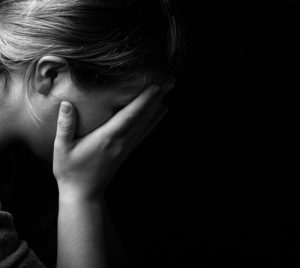Anxiety and depression can overlap but they by themselves are two independent different mental issues which can cause extreme distress. Anxiety is a alert state of stress when stressors are no longer present. Depression is an overlapping sadness that persists and exists usually without reason. Both can lead to mental states of distress and usually need treatment from a professional.

The article, “Anxiety vs. depression: Similarities and differences” by Zia Sherrell looks closer at the differences between anxiety and depression. She states,
“Both conditions can also cause physical symptoms. For instance, a person with anxiety may present with chest pain or dizziness, and someone with depression may experience changes in their appetite or sleep patterns. Despite the similarities between anxiety and depression, it is crucial to understand the key differences to ensure the best treatment and management approach. Keep reading to learn about the key similarities and differences between anxiety and depression, including the symptoms, causes, and treatment methods.”
To read the entire article, please click here
Please also review AIHCP’s Stress Management Consulting Program as well as AIHCP’s Grief Counseling Certification. Both programs are online and independent study and open to qualified professionals seeking four year certifications. Please review and see if they meet your academic and professional goals.






